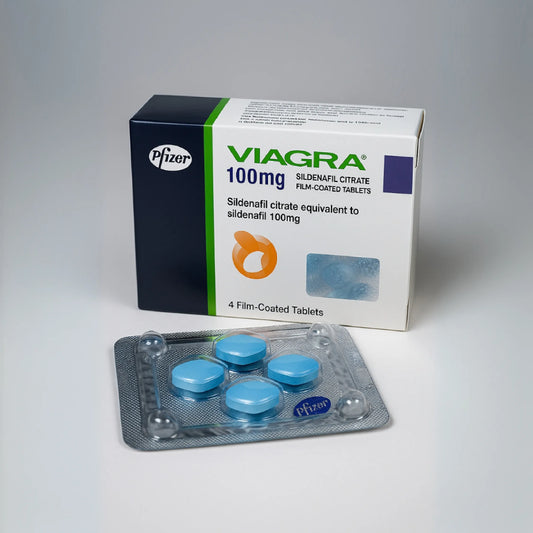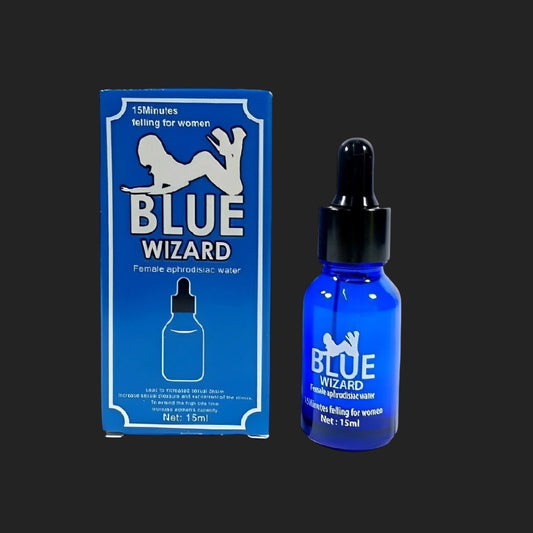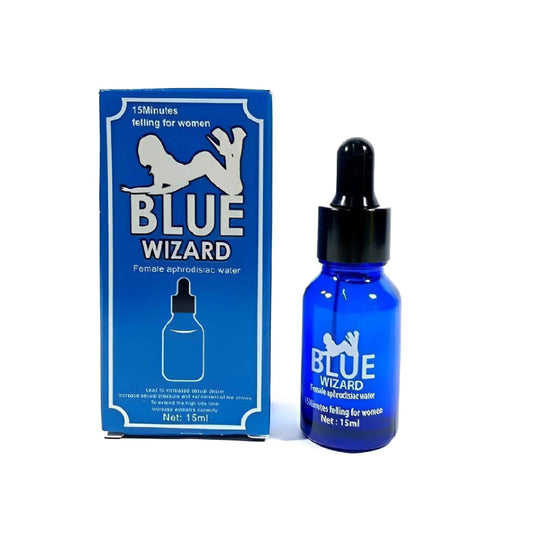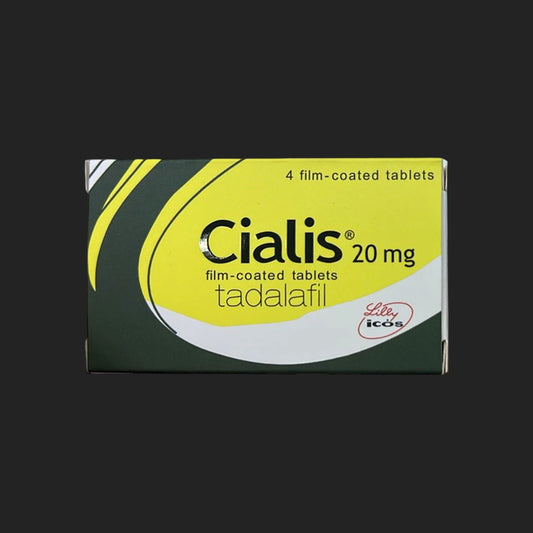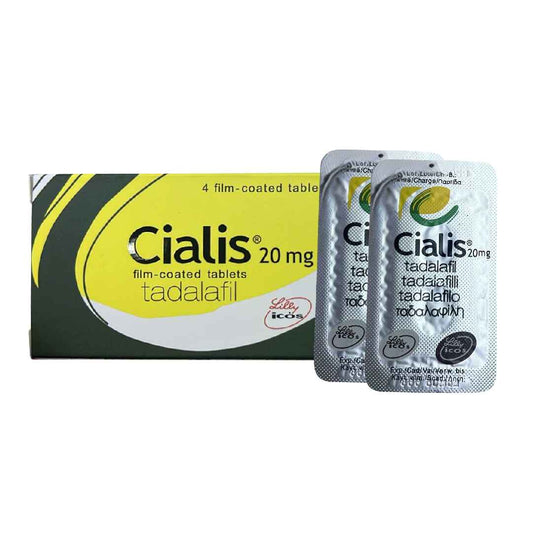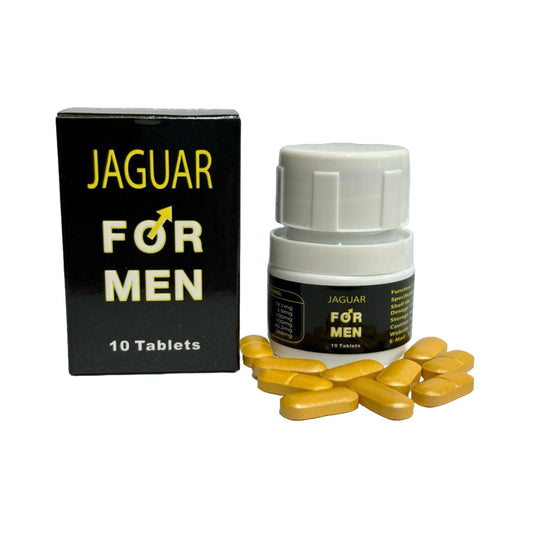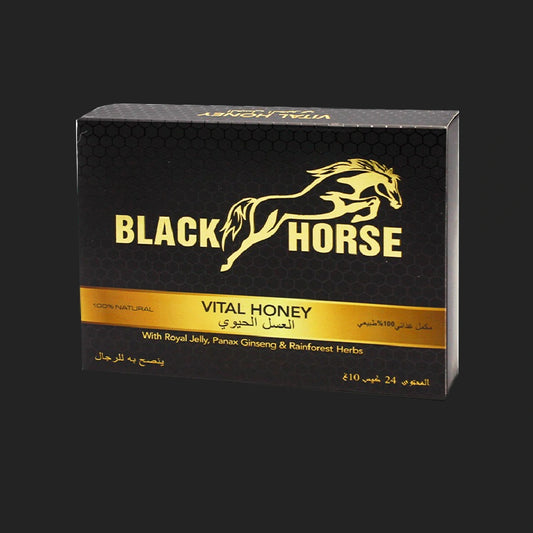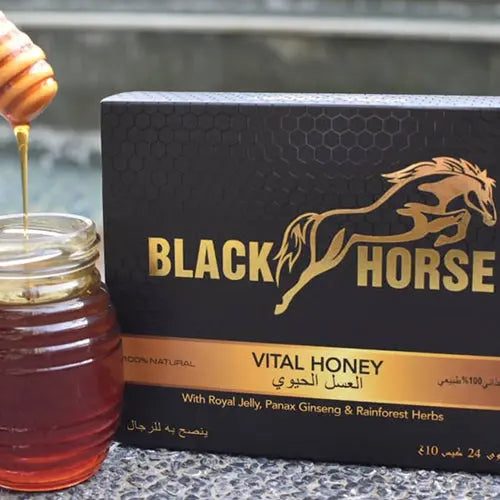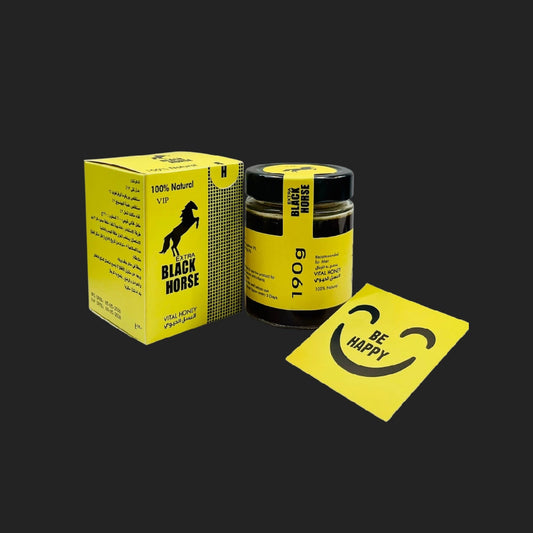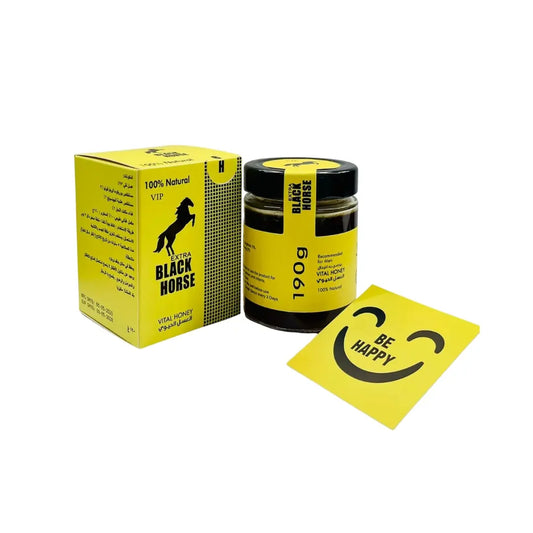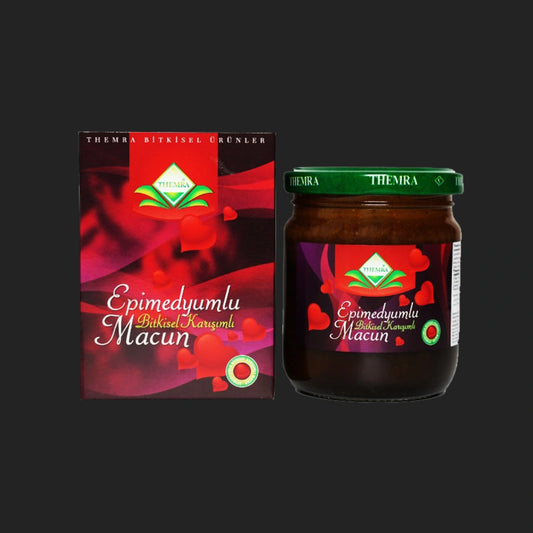10 Secrets to Boost Gut Health with Tests and Supplements
Introduction: Why Gut Health is the Core of Your Well-being
Your gut is not only the center of digestion but it is the engine of vitality in your body. The gut microbiome, also known as the second brain, hosts trillions of bacteria that affect your mood, metabolism, immune system, and more.
When your intestinal health is functioning well, you would be in a good mood, alert and robust. However, out of balance, you may find yourself feeling exhausted, having digestive problems, having weak immunity, or even anxious. This is why it is crucial to understand and maintain gut health to be vital in the long run.
The Science Behind Gut Health: What Really Happens Inside
The Gut-Brain Axis: Communication Between Mind and Microbiome
The gut and the brain are in a constant dialogue with each other in a system known as the gut-brain axis. This communication may falter when your gut is out of balance or inflamed which results in mood swings or brain fog.
A healthy gut generates neurotransmitters such as serotonin and dopamine chemicals which cause happiness and concentration. Gut food, therefore, feeds the brain as well.
The Role of Bacteria, Enzymes, and Digestive Function
The healthy bacteria assist in food breakdown, nutrient extraction and generation of essential chemicals such as short-chain fatty acids (SCFAs) that alleviate inflammation and help safeguard your intestinal lining.
In the absence of these friendly microbes, toxins accumulate, digestion is slowed down and the energy level reduces, more than ever vitality supplements come in handy in restoring a balance.
Signs You Might Have an Imbalanced Gut
Digestive Red Flags: Bloating, Constipation, and Fatigue
You are always bloated, feel sluggish, or have irregular bowel movements: it is a definite indication that the gut needs to be taken care of. Such problems are usually caused by the imbalances of bacteria, unhealthy diet, or stress.
Hidden Symptoms of Poor Gut Health You Shouldn’t Ignore
Gut imbalance is also characterized by skin issues, brain fog, craving sugary food, and frequent illness. These minor signs are often ignored by many until the person discovers that there is something wrong with their gut during a health examination.
Gut Health Test: Why It’s a Game-Changer
What is a Gut Health Test and How It Works
A gut health test examines your poop to determine the bacteria, fungi and other microorganisms present in your digestive system. It gives an in-depth image of your microbiome diversity and allows you to identify what is growing- and what is not.
Types of Gut Health Tests: Stool Analysis, DNA Tests, and More
Other tests are based on stool samples, whereas others are based on DNA sequencing to quantify the bacteria composition and signs of inflammation. There are also highly developed kits that can provide information about food sensitivities and nutrient absorption.
When You Should Consider Taking a Gut Health Test
When you have had any digestive issues that have persisted, when you have experienced certain fatigue that you have not known the cause, or when your immunity is compromised, then it is time to take the gut health test. It can assist in making a personalised plan containing vitality supplements and diet alterations to reestablish your intestinal ecosystem.
How Vitality Supplements Improve Gut Function and Energy
Key Ingredients That Support Gut Healing
The important vitamin supplements that you should seek are zinc carnosine, L-glutamine, omega-3s and antioxidants. These nutrients mend gut lining, calm inflammation and ensure healthy growth of bacteria.
Probiotics vs. Prebiotics: Understanding the Difference
Probiotics bring in the good bacteria whereas prebiotics nourish them. A combination of both brings about stronger gut wall and digestion.
Top-Rated Vitality Supplements for Gut Health
Such brands as Hardtaker and HerbalDubai provide the scientifically supported formula that is aimed at the maintenance of both the gut health and the overall vitality.
Diet and Lifestyle Changes for Optimal Gut Health
The Best Foods for a Healthy Microbiome
Gut flora likes fermented foods and fiber-rich foods. Beneficial bacteria are nourished by whole grains, fruits, vegetables, and legumes, and probiotics are introduced to your system by fermented products, such as yogurt, kefir, kimchi, sauerkraut, and miso.
The intake of high polyphenol foodstuffs, such as berries, olive oil, green tea, and dark chocolate, also promotes the proliferation of the good bacteria. These are natural antioxidants that lower the gut inflammation and enhance digestion.
Daily Habits That Strengthen Gut Function
The health of the gut is not limited to diet. Exercise, hydration, and conscious eating are all sources of a balanced microbiome.
- Stay active: It enhances intestinal motility thus avoiding constipation.
- Manage stress: The gut-brain connection may also be hampered by chronic stress levels, decreasing the variety of bacteria.
- Sleep well: Work towards 7-8 hours at night to facilitate the detoxification process of the body.
These practices combined enhance the value of vitality supplements and will make sure that your gut ecosystem remains robust.
Common Mistakes That Harm Gut Health
Overuse of Antibiotics and Processed Foods
Antibiotics kill the bad and the good bacteria. Although they are required at times, their excessive use may be disastrous to the gut flora, complicating recovery. To safeguard your gut, eliminate unnecessary antibiotics like those in refined food and decrease the number of ultra-processed foods that contain preservatives and refined sugars.
Stress, Sleep, and Their Impact on the Microbiome
The stress hormone, cortisol, has the potential of damaging gut lining and weakening immunity. In the meantime, sleep deprivation does not support the repair of bacteria. The result? Indigestion, depression and swelling.
Basic relaxation and breathing exercises such as deep breathing, yoga, and journaling can improve the balance and lead to long-term gut health.
Integrating Gut Health Tests and Supplements Into Your Routine
How to Read and Interpret Gut Health Test Results
Upon receiving your gut health test results, the data on the microbial diversity, inflammation, and the activity of digestive enzymes will be displayed. Focus on:
- Low diversity: Represented by an unhealthy bacterial balance.
- High inflammatory markers: Suggest gut irritation.
- Less than 700mmhg short-chain fatty acids (SCFA): Signals poor digestion.
Results can be interpreted with the assistance of a nutritionist or a functional medicine specialist, who will assist in the supplement plan.
Building a Personalized Gut Wellness Plan
After learning your results of the tests add them with the appropriate vitality supplements and lifestyle changes.
As an example, when your test reveals the deficiency of Lactobacillus, it is worth adding probiotics; when the inflammation is elevated, it is better to add anti-inflammatory nutrients such as curcumin or omega-3s. Frequent retesting will assist in monitoring the progress.
Expert Tips to Restore and Maintain Gut Balance
Natural Remedies to Rebuild Gut Lining
Gut lining requires time and continuity to heal. Try:
- Bone broth: High in collagen and amino acids, which mend ana.
- Aloe vera juice: Soothes the digestive tract.
- Licorice root and slippery elm: Mucilage naturally produced to cover the intestinal wall.
These natural medicines go hand in hand with the contemporary vitality supplements.
How Hydration and Fiber Aid Digestion
Water helps in absorption of nutrients and get rid of toxins. Combine it with soluble fiber (oats, chia seeds, apples) to ensure the smooth process of digestion and the maintenance of a balanced microbiome.
Empower Your Body from the Inside Out
The gut forms the cornerstone of your health-giving to digestion, immunity, and energy. With a gut health test, supporting your microbiome with vitality supplements, and a healthy eating regime, you will be able to regain your intrinsic energy and strength.
All the decisions you make, what you eat, how you sleep and how you deal with stress directly influence the ecosystem of your body. Therefore, begin feeding your gut now and watch your body compensate you with a lifelong wellness and health.
FAQs about Gut Health and Vitality
Q1. What are the best ways to naturally improve gut health?
Answer: A diet rich in fiber, fermented foods, hydration, exercise, and stress control boosts healthy gut bacteria.
Q2. How often should I take a gut health test?
Answer: Once or twice a year is ideal, especially if you're facing digestive problems or low energy.
Q3. Are vitality supplements safe for everyone?
Answer: Most are safe, but always consult a healthcare provider—especially during pregnancy or if on medication.
Q4. Can poor gut health cause fatigue and mood issues?
Answer: Yes. Gut imbalance affects serotonin production, impacting mood, energy, and clarity.
Q5. What foods should I avoid for better gut health?
Answer: Avoid processed foods, artificial sweeteners, fried foods, and excessive alcohol, as they irritate the gut.
Q6. Do probiotics really work?
Answer: Yes. Good probiotics replenish healthy bacteria and improve digestion.

